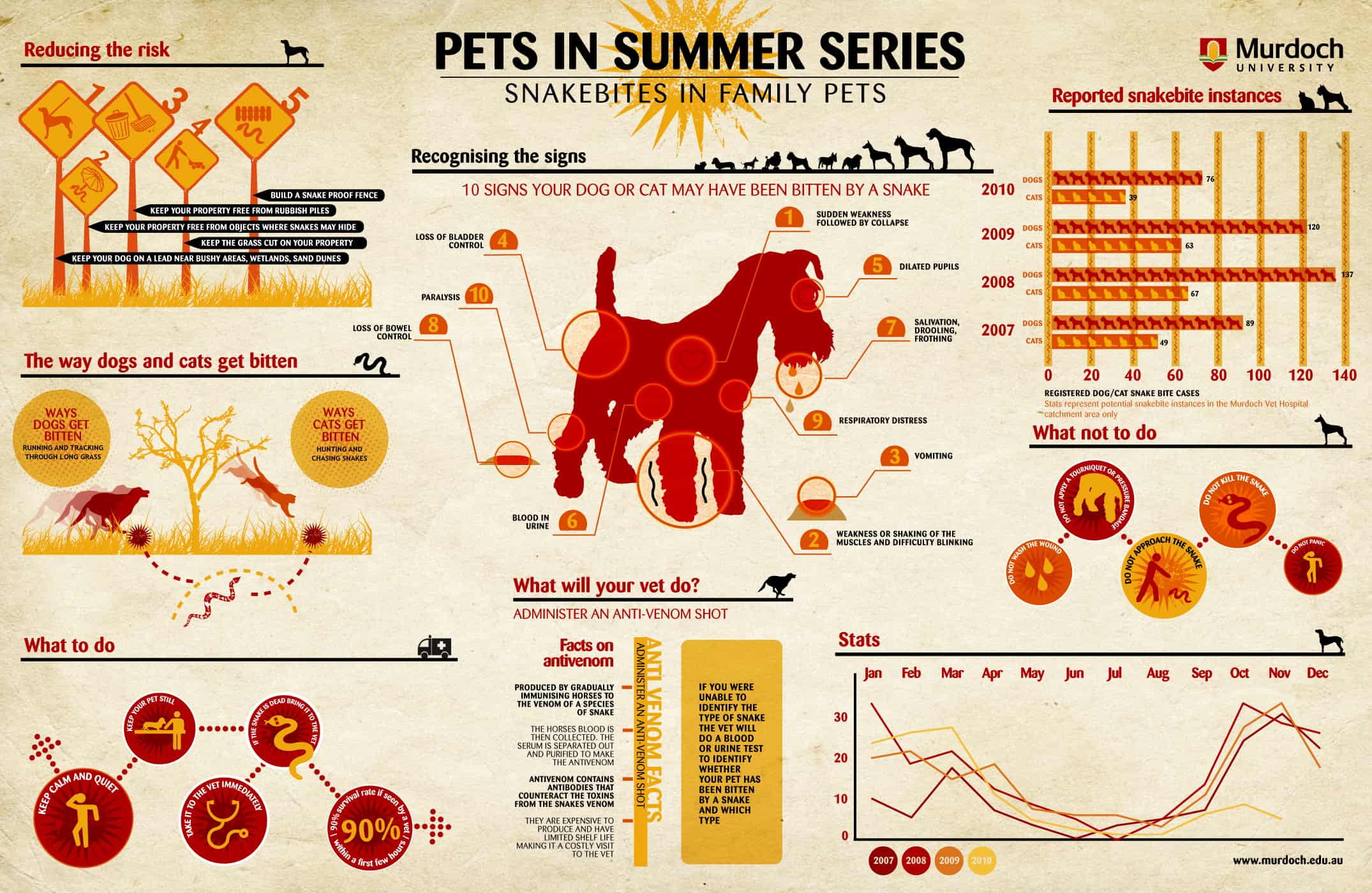Dog Daycare Interview Questions
Dog Daycare Interview Questions
Blog Article
Can Dog Daycare Reason Health Problem?
Chances are that if your pet is consistently subjected to other pets, even if they're appropriately vaccinated, they might get back with some kind of illness. Inoculations, regular vet appointments, and good health methods can minimize threat elements for infection and disease.
Worried or nervous pet dogs can establish intestinal troubles and various other wellness concerns that are conveniently spread out in between pet dogs. Developing age constraints and behavior policies can aid make certain that just healthy and balanced pets enter your center.
Distemper
Canine distemper is a significant and usually deadly infection that strikes a pet dog's respiratory system, digestive system, skin and body immune systems. Pups are specifically prone and can acquire the illness with direct contact with an infected animal or via the air-borne transmission of infection fragments sent out throughout coughing, sneezing or taking a breath.
The incubation duration for canine distemper is between 3 and 7 days. While young puppies at day care may appear to capture parvo from an additional contaminated pet dog, it's unlikely because the incubation period is so short.
While there is no treatment for canine distemper, encouraging treatment can assist pet dogs recuperate. This includes fluids, anti-biotics and drugs to manage seizures. The Drake Center for Veterinary Care notes that signs and symptoms consist of drippy eyes and nose, diarrhea, vomiting, anorexia nervosa and neurological troubles such as twitching and tremblings. Young puppies need a full inoculation collection and yearly boosters to safeguard them against this condition, which is why trustworthy pet day care centers require current inoculations.
Kennel Cough
Kennel Cough (Pooch Transmittable Tracheobronchitis) is an extremely contagious upper respiratory system problem caused by bacteria and infections. It spreads out through air-borne beads from a cough or sneeze, direct call, and sharing of polluted objects such as playthings or water bowls. It is native to the island in places where many pets are housed close together, such as kennels, pet dog parks, grooming salons and programs. A number of vaccines are readily available to secure against the virus that trigger kennel cough, and correct health practices can aid stop infection.
The classic signs and symptom is a completely dry, hacking cough comparable to that of a goose honk, and a lot of canines recoup with little intervention. However, serious cases can bring about pneumonia, and young puppies or dogs with pre-existing ailment are at higher danger for problems. To speed up healing, use a harness as opposed to a collar while your canine is recouping to prevent irritation to the windpipe. A humidifier might also aid to moisten the air and protect against dry coughing.
Parvovirus
Parvovirus (CPV) is a serious condition in dogs. It is similar to feline panleukopenia (feline distemper), yet it's far more fatal and can spread out quickly amongst dogs as a result of its incredibly resilient nature.
This virus strikes the digestive lining of a pet dog, destroying it and triggering bacteria to dismiss into the blood stream. The weakened body immune system and overwhelming germs lead to septic shock, which is normally fatal.
Luckily, veterinary healthcare facilities offer efficient treatment for parvovirus. These medicines are offered directly right into a client's blood stream and targeted towards the certain pressure of parvovirus. This treatment approach is highly reliable and helps retrain the immune system to combat off the infection. Dogs with extreme symptoms are commonly hospitalized for several days for tracking and extensive care to ensure their survival. Pups, unvaccinated dogs and pet dogs with weak body immune systems are especially at risk to parvovirus. This is especially real for pups born to stray mommies and shelter atmospheres, where they are revealed to numerous various other unwell and susceptible pet dogs.
Pooch Influenza
Dog flu (CIV) is a contagious breathing condition that can be caused by pet dogs sharing infected surfaces or direct contact with breathing secretions. CIV spreads quickly in settings where there are high numbers of pet dogs, such as pet parks, daycares, places that board dogs near me grooming centers and veterinary clinics.
Contaminated dogs dropped the infection via aerosol respiratory droplets when coughing or sneezing, and may infect things they come into contact with like cages, toys, food bowls, leashes and the hands and garments of individuals who handle them. Canines can additionally be "quiet carriers" spreading the virus without showing any kind of symptoms themselves.
Signs of canine flu consist of nasal and eye discharge, cough, fever, anorexia nervosa, and weak point. The infection can proceed to pneumonia, which can be fatal in some canines. PCR viral screening is readily available for verification of infection. Ideally, samples (usually deep nasal or pharyngeal swabs) for PCR testing must be accumulated within 4 days of the onset of clinical indications.